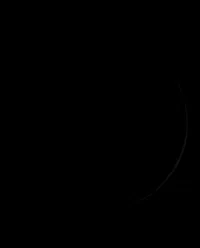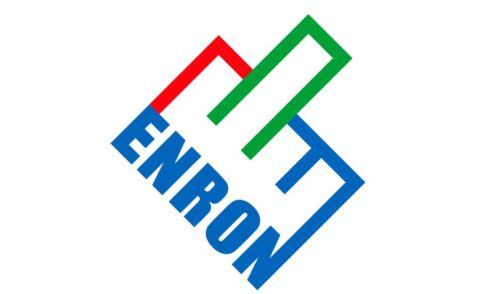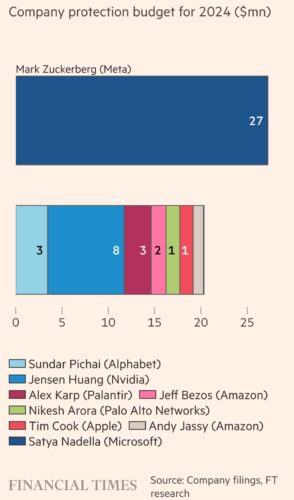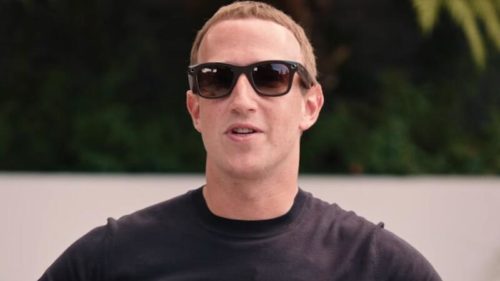Think about the very concept of “waxing” and “waning” of a moon in orbital cycle. Such predictable rotation is mischaracterized by linear and momentary perspectives on what is fundamentally cyclical and relational.

It’s like a wheel being described as “going up” or “going down” when the wheel’s nature is rotation itself. The idea of modern flight is an apt metaphor too, if you can imagine describing lift without gravity, or up without down.
Dynamic equilibrium makes flight possible. Just look at penguins under water. Yeah, I’m talking about the flying penguin.

This connects deeply to a new article by Drew Dalton about ethics called “Reality is evil“. He makes a fascinating but ultimately flawed argument about just one aspect of thermodynamic reality (entropy, decay), unfairly declaring it the fundamental truth, while dismissing the other aspect (the emergence of complexity, life, consciousness) as mere illusion.
This is exactly the kind of unbalanced linear thinking that should and can be avoided in ethics. Dalton writes:
Everything eats and is eaten. Everything destroys and is destroyed.
But do you notice how he frames this cycle as purely destructive, rather than recognizing the relationships, the very mechanisms by which complexity and beauty emerge? Yes, entropy increases in closed systems, and yet Earth isn’t a closed system. We have constant energy input from the sun. The “destruction” he describes is also the creative process by which simple hydrogen becomes stars, stars create heavier elements, and those elements organize into the intricate dance of life.
His big ethical conclusion to “strike back at the Universe” is highly misleading and overly linear. He’s created a false opposition between human flourishing and natural processes, when in fact our capacity for love, art, healing, and meaning-making emerges from and through these very processes he calls evil.
It reminds me of when security professionals first start their career and have to be constantly reminded how business growth factors into any risk equations — they have to learn how and why the organization exists to create value, not just avoid harm.
What would an ethics look like that truly grasped the cyclical nature? Perhaps one that sees our role not as imperialist fighters against nature, but as conscious participants to curate ongoing creative-destructive dancing of existence itself.


